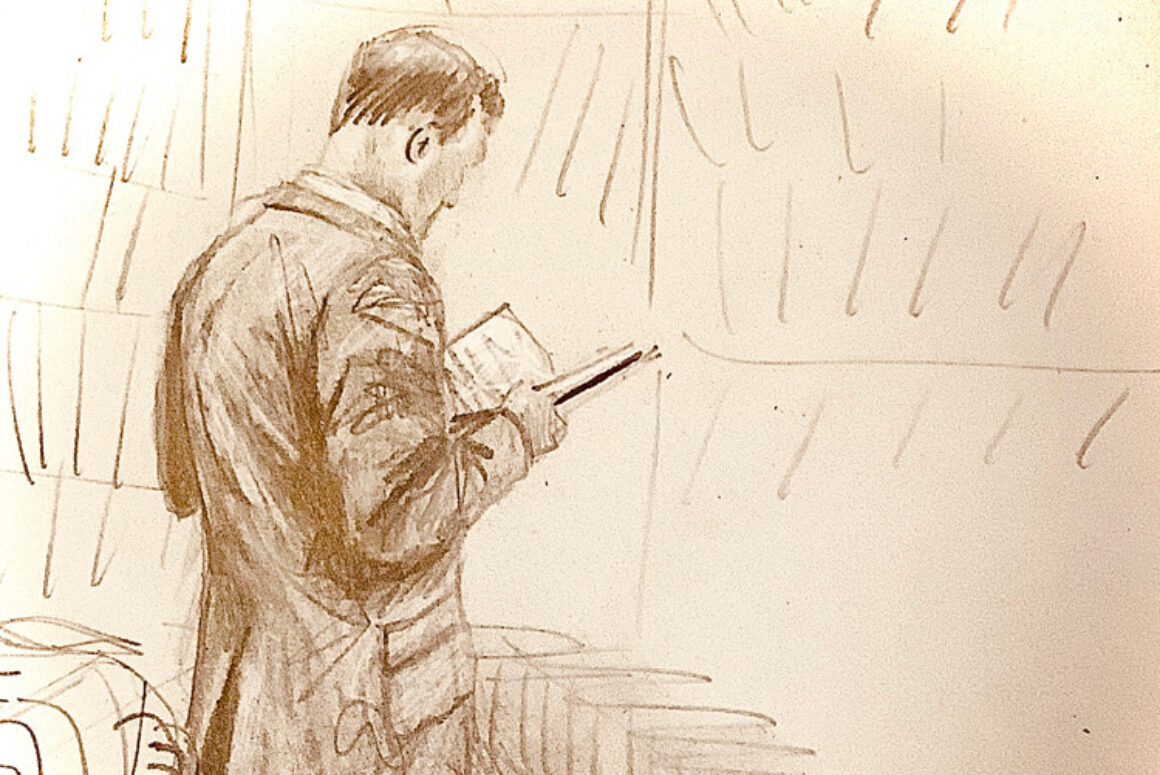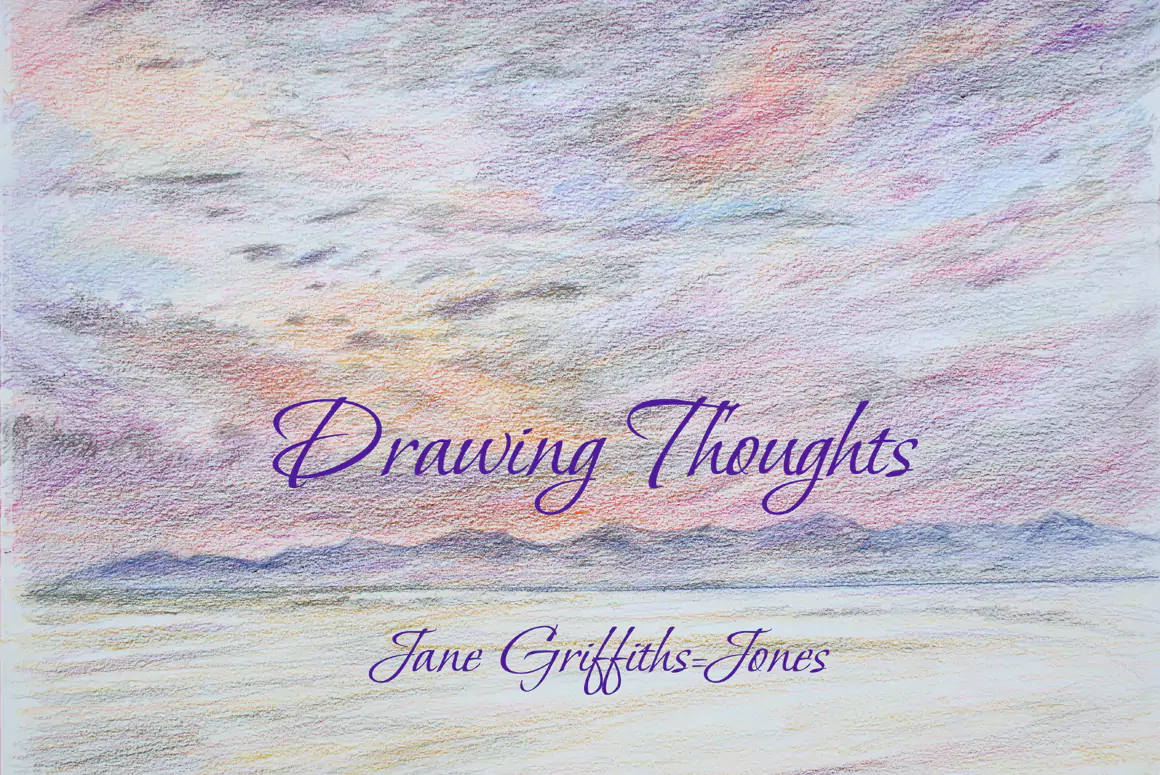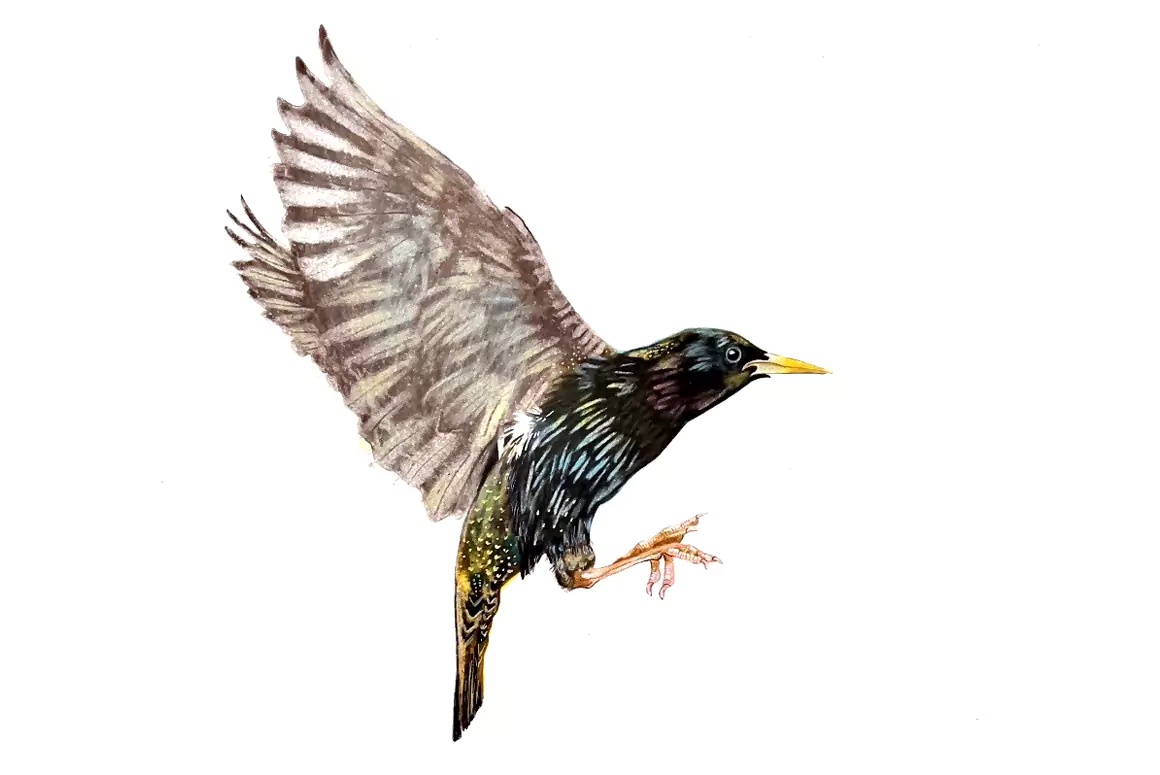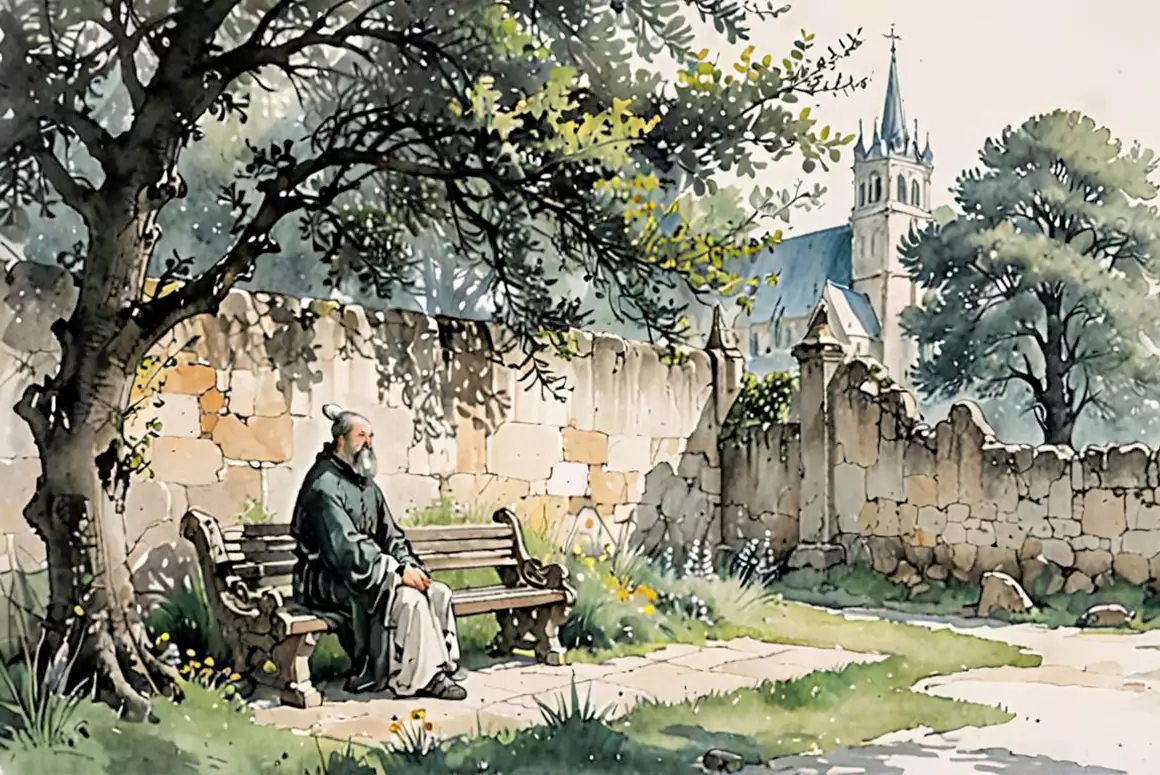I plonked the bag of shopping onto the dining table and nipped out to the kitchen to pop the kettle on, another successful morning’s browsing done and dusted. A few minutes later, I returned to the living room, coffee in hand, to browse through some of my purchases.
A couple of shirts were lifted from the bag and placed to one side, a nice bottle of wine, to be enjoyed with our steak later that evening, was stacked next to them and a few other bits and pieces followed until I reached a handful of second hand books, picked up from a charity shop, and brought them out onto my lap for a closer look.
I started to thumb through them – a Bill Bryson, a nice little book of nature essays, a collection of poetry- and then, whilst opening a copy of Wilbur Smith’s The Seventh Scroll, a receipt, clearly used as a bookmark at some point in the past, fluttered down onto the floor. I picked the receipt up and gave it a cursory glance, thinking how this book probably hadn’t been read for some time judging by the date printed on it: 26/08/2003. I thought back to that date, a Tuesday as a later check would reveal, and wondered what I might have been doing at that point. Working, probably, at the warehouse job I held through my entire time as a student. I pictured myself as I was then, more hair, less waist, wondering, as I stacked boxes and swept floors, as to what the final year of my degree would hold in store for me when it started a few weeks later, and maybe even daydreaming of the even more distant future – a PGCE qualification and the eventual start of a teaching career that is now nearly twenty years old.
Perhaps even more interesting were the rest of the details on that receipt: linen blazer, trousers, shirt; coupled with the purchase of the book, these may have been the spoils of one of my own shopping sessions. Whoever the previous owner of this book had been, we clearly had a number of things in common, from our taste in clothes to our literary leanings. It’s entirely possible that had we ever met, we may have got on like a house on fire. Perhaps our paths had even actually crossed at some point, browsing the shelves at a bookstore or trying on sweaters in adjacent changing rooms.
A passing coincidence, and maybe not that unusual given the number of books Wilbur Smith has sold and the common nature of such clothing items, I didn’t give the receipt a second thought until a few months later, when I picked up another book from another charity shop, this time in my home town of Port Talbot. The copy of Leo Walmsley’s Love in the Sun caught my eye – the well-worn gold lettering on the faded red spine drawing my attention immediately, not least of all because I love Walmsley’s work. I paid the one-pound asking price and took my prize home with me. When I later opened the book in bed, however, I suddenly made the unexpected acquaintance of another stranger, this time learning her name:
Clara Blackledge,
Hill View,
Penycae
Port Talbot.
August 1940.
At some point eighty-two years ago, Miss Blackledge had done exactly the same thing as me, opening her new book to delve into the beautifully nostalgic words of Walmsley. Maybe she had been searching for an antidote to the weariness of a war that, at that point, had been raging through Europe for almost a year, and had found comfort in the pages of this book. Poor Clara; if only she had known how long the rationing and radio broadcasts would go on. Perhaps she did know. Maybe she, like so many millions of others, had questioned her own mortality as those tragic events played out in the newsreels, morning papers and in the gossip shared by chance meetings on the street, and had been prompted to write her name and the date in this book simply to say ‘I am here, now, and I live too.’ I imagine this thought haunting her as she stared, terrified, from the windows of her house across Swansea bay, as Swansea itself was blitzed a mere six months later, looking on helplessly and wondering if those dread wings might turn slightly and glide just a few short miles further east. I would never truly know. All of those possible thoughts and feelings had long since been cleared out, along with this once-cherished book, and donated to charity upon Clara’s passing at some point in the past, leaving this thinnest of strands upon which to hang my suppositions.
My curiosity was piqued however, so I carried out the most rudimentary of internet searches and turned up snippets from local newspapers that placed Clara in dances and fashion shows, evening class exhibitions and balls throughout the late 30s, mingling at events with other names that were startlingly familiar to me. Some I had encountered through teaching – Leyshon, O’ Neil, Hale – and one association mentioned the name Brokensha, surely an ancestor of the man with an identical and unique surname from whom we bought our house twenty years ago. Those tenuous strands, thin as they may seem, can still hold onto the past, linking it with the present in myriad unexpected ways.
If, as Schopenhauer once stated, books are “windows on the world”, then as surely as a reader is able to see out of them, we are able to gain a shadowy glimpse inward, through the curtains of time and distance, as we travel the avenues of our lives, even if just for a fleeting moment. In all those second hand stories, in the gaps between return dates in every library book we ever pick up, there is space to find common ground in the stories, essays and poems we find inside so that strangers can soon seem as familiar to us as a sibling, a parent or even a reflection of ourselves.
All of this is, of course, conjecture. Being an English teacher, I, perhaps more than most, know that an interpretation of any tale is not black and white, and that each reader needs to work at least some things out for themselves on their journey. It is comforting, though, to think that I’m not entirely alone, and that my blazer-wearing friend, as well as the sociable, bubbly, sentimental Clara and a million others that I feel I’ve known for years, have already passed this way before.





